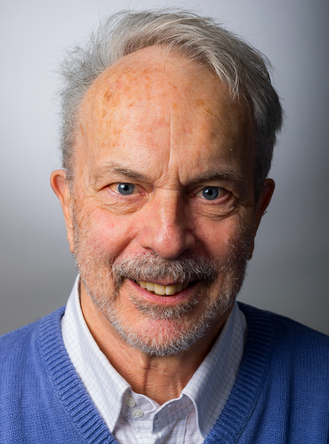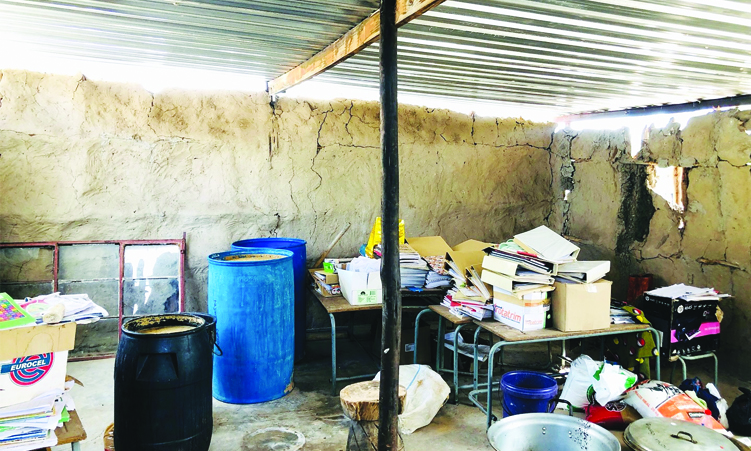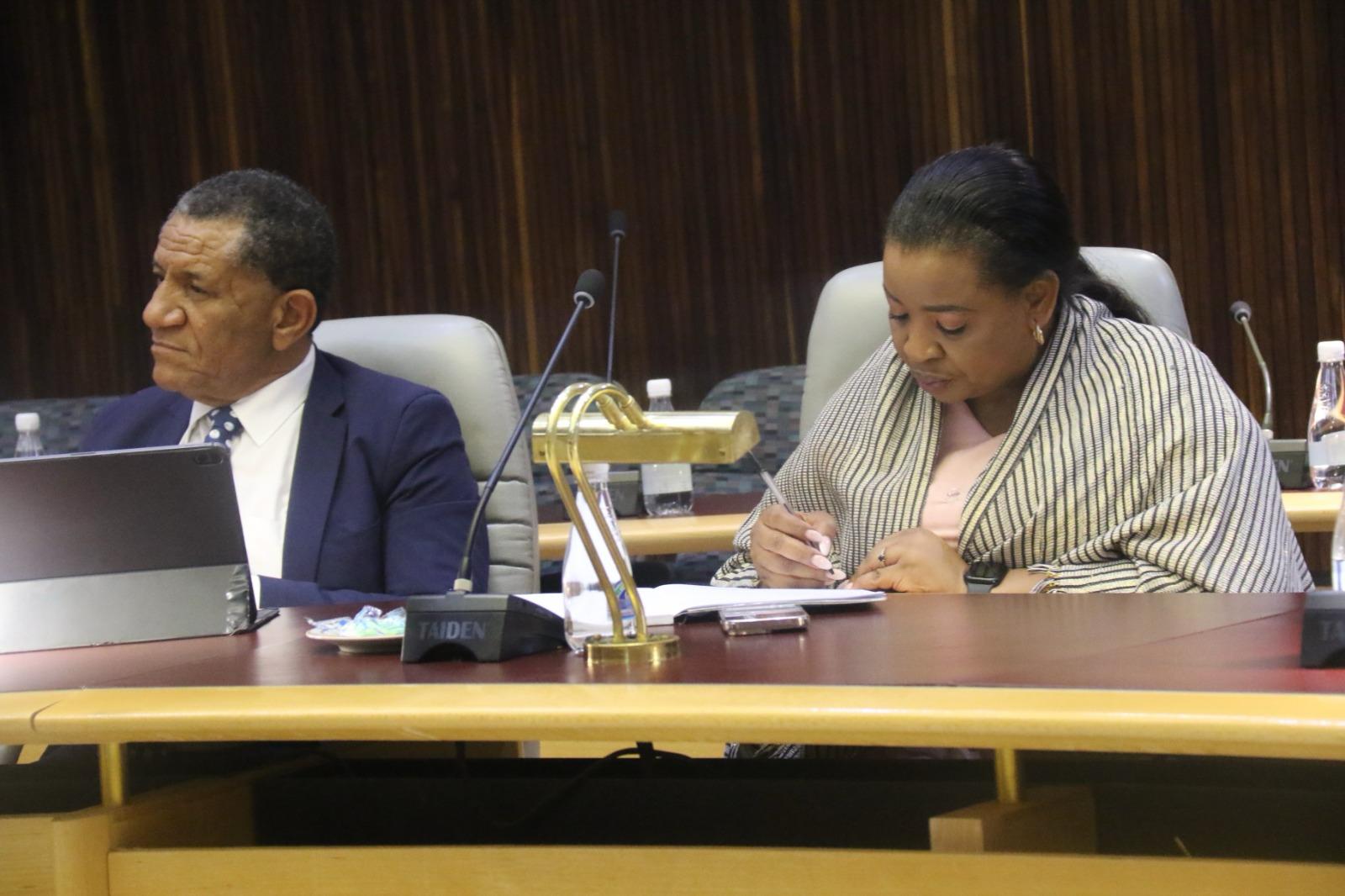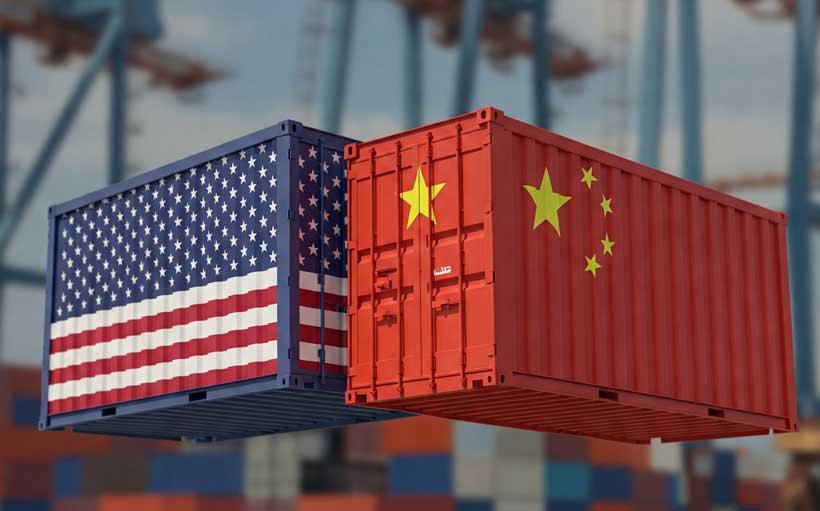Forget about the last 30 years of South African democracy.
The results of the 29 May election have opened a new chapter despite almost 25 million people who could have voted not doing so; 13 million eligible voters did not register, and those voting declined from 66% to under 59% of those registered.
Nonetheless, their votes significantly changed the post-apartheid political landscape:
– the African National Congress (ANC), with 40.2% (-17.3%), lost its absolute majority;
– the Democratic Alliance (DA) received 21.8% (+1%), the second largest party;
– newcomers Umkhonto we Sizwe (MK) emerged with 14.6%;
– the Economic Freedom Fighters (EFF), with 9.5% (-1.3%), went down a notch to rank fourth;
– the Inkatha Freedom Party (IFP) maintained some bargaining power with 3.9% (+0.5%) of the vote.
A SEISMIC MOMENT
This result marks a watershed for South Africa. Despite challenging times ahead, peaceful elections make democracy the winner.
Not least, the humble and accepting ANC response to the defeat was a showpiece of democratic behaviour.
However, the devil is in the detail: Depending on the outcome of coalition negotiations, democracy and political stability could end as collateral damage, sacrificed on the altar of state capture.
As Richard Calland and Mika Law opined in the Mail & Guardian: “South African politics will never be the same again.”
It “leaves South Africa at a profound crossroads. It is a seismic moment for democracy but also a very delicate one.”
The situation is complicated by the country’s constitutional provision to allow only 14 days for negotiations after the official results are declared.
Then new members of parliament must elect a state president. But it would not be South Africa if this spoiled the atmosphere.
As the Daily Maverick reported live at noon on 1 June: “ANC national chairperson Gwede Mantashe … greets Freedom Front Plus leader Pieter Groenewald, who tells him ‘you are in trouble’. Mantashe responds ‘we are in trouble like everyone else. Everyone is in trouble.’
They both burst into laughter while shaking hands.”
MORE OF THE SAME?
An independent judiciary, as one of the strongest pillars of South African society, prevented Jacob Zuma – just as the law stipulates – from returning to political office as he is a convicted criminal.
That MK nonetheless made such significant inroads into the vote should ring alarm bells.
Even more worrying is that together MK and EFF received almost a quarter of the votes, an indication that radical populism appeals to many.
Now at third and fourth force in the political landscape, they are more interested in power for their own material benefit than the wellbeing of the citizens or the rule of law – they are willing to abandon one of the world’s most progressive constitutions.
That the ANC might enter a coalition with MK seemed unlikely, if not impossible, given the role Zuma played in undermining the ruling party’s credibility through state capture and factional battles.
But with these results, MK signalled willingness to consider such an alliance if Cyril Ramaphosa is replaced.
There are sufficient potential successors who remain – in mindset, ideology, action, and greed – part of Zuma’s state capture faction, making Ramaphosa’s life difficult and his declared fight against corruption a mission impossible.
It would be tantamount to a kind of recapturing of the ANC as a hostage to MK.
Somewhat less complicated would be a coalition with Julius Malema’s EFF.
This construction requires a junior third partner to secure sufficient seats/votes in parliament.
Such an alliance – like the MK option – would reinforce the populist pseudo-radical authoritarian tendencies. It consolidates a regime that cares less about civil rights, the rule of law, and democracy.
In this case too, Ramaphosa, would most likely have to move aside.
Both these alternatives need an ANC leadership close to Jacob Zuma and Julius Malema.
This would be a setback for South Africa’s democracy and the rule of law embedded in a constitution protecting civil liberties and human rights, putting power and greed above the public good.
It would also risk increasingly strained relations with the West. Foreign direct investments and trade might decline significantly, while current foreign policy and geostrategic alliances will be reinforced.
OR A NEW BEGINNING?
But the constellation also offers an opportunity for policy-making, replacing ideology with pragmatism, being guided by delivery in public goods and services as a more convincing form of governance than appealing to a past, which does not deliver in the present to those beyond the networks of the cadres.
The most unlikely pre-election scenario could be the best one: An ANC-DA coalition (possibly with the IFP as a third partner, if only to maintain a provincial coalition government in KwaZulu Natal), with Ramaphosa re-elected as head of state.
Those shouting betrayal on both sides should think twice and weigh the alternative of a Zuma offspring party and/or the EFF in partial command of government, public administration and the state.
Co-habitation of the ANC and DA requires flexibility to compromise, both in economic and foreign policy.
It relies on Ramaphosa surviving the defeat at the polling stations. For him this could be a golden opportunity to create a legacy as a unifier and moderniser as well as a party reformer.
The ANC has to break from the image of a liberation movement for the sake of being accepted (and maybe even respected) as a post-apartheid party, leaving behind the nostalgic struggle narrative.
For its part, the DA will need to leave behind its knee jerk anti-ANC disposition.
This might be a point of departure to reshape South African policy and policy makers, replacing the past by fostering a national identity beyond the racial divide.
The DA might be less inclined towards such an alliance. Becoming an ANC bedfellow would see it risk its profile and abandons its role as official opposition.
However, the DA could justify such move as helping prevent the worst, and argue that the party’s influence would translate into less corruption and more service delivery.
END OF AN ERA
Whatever turn the coalition negotiations take, the heroic narrative of the former liberation movement has been laid to rest once and for all.
State capture was the grave digger for patriotic history.
As a warning sign, however, the diggers have resurfaced in the MK and its aspirations to continue the abuse of state power and public funds to satisfy their own greed.
Zackie Achmat, for decades one of South Africa’s most prominent social movement activists, failed to secure the necessary votes as independent candidate to make the cut.
He added his voice to growing concerns. A report in the Daily Maverick quoted him as saying: “At a national level, our country is facing a serious ‘Trump moment’ and therefore the two big parties – the ANC and the DA – need to look closely at how they can work together in order to prevent the destruction of our constitutional order.”
For him an ANC-DA coalition is the “best in the worst circumstances”.
The South African electorate exposed and punished the limits to liberation of a pseudo-anticolonial gospel, which has served as smokescreen for a new black elite to join an old white elite while the “masses” remain on the margins.
Any government which serves the ordinary people more than the office bearers in politics, state-owned enterprises, and public administration will be major progress.
The outcome of the current horse trading will tell if this is perceived as a window of opportunity.
Whatever happens, the ANC will remain part of a government but will have to eat humble pie.
The lesson is that the limits to liberation under the former liberation movement has finally taken its toll with an electorate no longer loyal to a party that does not deliver.
All eyes are now on the November elections in Namibia: Will the trend continue?
– Henning Melber is extraordinary professor at the University of Pretoria and the University of the Free State. He has been a member of Swapo since 1974. This text is a revised short version of a blog posting for the Nordic Africa Institute.
Stay informed with The Namibian – your source for credible journalism. Get in-depth reporting and opinions for
only N$85 a month. Invest in journalism, invest in democracy –
Subscribe Now!










